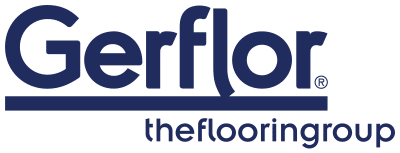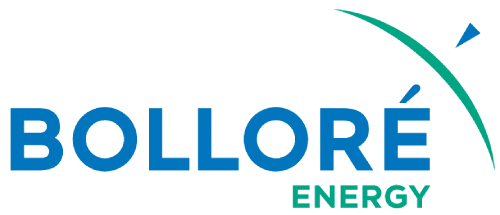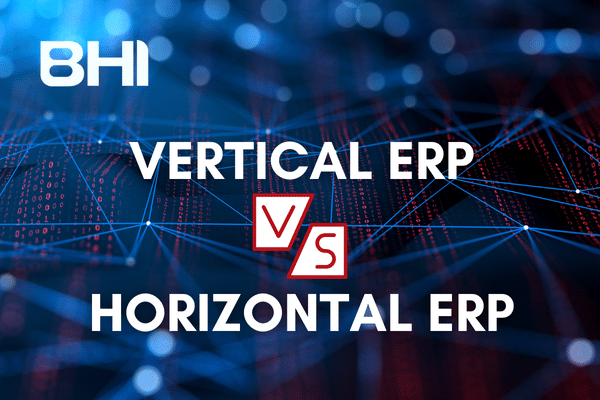How to optimize your financial consolidation
In today’s ever-changing economic environment, financial consolidation is an essential strategic element for modern companies. More than just a regulatory obligation, it is a genuine management tool enabling organizations to maintain their competitiveness and ensure their long-term viability. In 2024, optimizing this process is more essential than ever in the face of growing global market challenges.
The fundamentals of financial consolidation
Definition and importance
Financial consolidation is much more than a simple aggregation of accounting data. It embodies a strategic approach aimed at providing a global and accurate view of the financial situation of a group of companies. This approach provides management with a solid basis for strategic decisions, while guaranteeing greater transparency for stakeholders.
Through this process, companies can not only assess their overall performance, but also identify potential synergies between their various entities. The resulting centralization of financial information considerably facilitates strategic decision-making and strengthens the group’s position vis-à-vis its financial partners.
The pillars of successful consolidation
Effective financial consolidation rests on several essential foundations. Data standardization is the cornerstone of this process, guaranteeing the consistency and comparability of financial information across the entire group. This harmonization is necessarily accompanied by judicious automation of processes, reducing the risk of errors while optimizing production times.
Quality control also plays a vital role in ensuring the reliability of consolidated financial statements. This constant vigilance must be exercised at every stage of the process, from data collection to the production of the final statements. Precise and exhaustive documentation completes this system, ensuring traceability of operations and facilitating subsequent audits.
Financial Consolidation Optimization Strategies
The Digital Revolution
Digital transformation is profoundly changing traditional financial consolidation practices. The adoption of specialized tools is becoming essential for companies wishing to remain competitive. These technological solutions not only automate repetitive tasks, but also significantly improve the quality and reliability of consolidated data.
The integration of information systems represents a major challenge in this digital transformation. It facilitates data exchanges between the Group’s various entities, and ensures greater consistency of financial information. The resulting dynamic dashboards provide decision-makers with a real-time view of the Group’s performance.
The importance of training
The technical excellence of our teams is a key success factor in optimizing financial consolidation. An ongoing training program, adapted to regulatory and technological developments, ensures that staff skills are maintained at their highest level. This increase in skills must be accompanied by effective change management to facilitate the adoption of new practices and tools.
Operational Excellence in Consolidation
Standardization of procedures
The implementation of standardized processes is a major lever for optimizing financial consolidation. This standardization is not limited to the simple harmonization of accounting methods. It encompasses all operational practices, from data collection to the production of consolidated financial statements. The best-performing companies are developing detailed methodological reference manuals, which act as operational guides, guaranteeing the consistency of processing throughout the group.
The establishment of rigorous internal standards significantly reduces the risk of errors and optimizes production times. These standards must be flexible enough to adapt to local specificities while maintaining global consistency. Systematic documentation of procedures facilitates the training of new employees and ensures that best practices are maintained throughout the organization.
The Modern Technological Arsenal
The Evolution of Software Solutions
The landscape of financial consolidation tools is undergoing profound change. New-generation financial ERPs now include advanced consolidation functionalities, offering natural integration with existing accounting systems. These solutions enable advanced automation of consolidation processes, while guaranteeing complete traceability of operations.
Specialized consolidation software continues to evolve, offering ever more intuitive interfaces and enriched functionalities. Artificial intelligence is making its appearance in these tools, enabling the automatic detection of anomalies and the optimization of reconciliation processes. Collaborative platforms facilitate coordination between the various players in the consolidation process.
Intelligence in tool selection
The selection of technological tools requires careful thought. Over and above technical functionality, the adaptability of the solution to the company’s specific needs is a decisive criterion. The tool’s ability to evolve, its ease of use and the quality of the technical support offered by the publisher are all factors to be taken into account in the decision-making process.
Everyday Operational Control
Organization and governance
Efficient financial consolidation relies on a clear, structured organization. Precise definition of the roles and responsibilities of each player, combined with a rigorous closing schedule, optimizes the flow of operations. Appropriate governance, including regular steering committees, ensures effective monitoring of progress and facilitates the resolution of any difficulties encountered.
Quality at the heart of the process
The reliability of consolidated financial statements depends directly on the quality of the data used. Successful companies implement sophisticated control systems, combining automatic checks and in-depth analytical reviews. Traceability of modifications and secure data archiving are also essential elements of the quality control system.
Risk anticipation and management
A Proactive Approach to Problems
Early identification of risk areas enables effective preventive action to be taken. The most frequent errors concern the consistency of data between entities, compliance with production deadlines and the quality of consolidation restatements. By setting up regular checkpoints and automating verifications, we can significantly reduce these risks.
A culture of continuous improvement
Optimizing financial consolidation is part of a continuous improvement approach. Regular monitoring of relevant performance indicators enables us to identify areas for improvement and measure the effectiveness of actions taken. Systematic team feedback and regular benchmarking feed this improvement dynamic.
The Future of Financial Consolidation
Emerging trends
Evolving technologies continue to transform the financial consolidation landscape. Artificial intelligence and machine learning are opening up new perspectives in automation and predictive analysis. Blockchain could also revolutionize the certification of intra-group transactions and the security of financial data.
The challenges ahead
Faced with these developments, companies need to adapt their practices and evolve their skills. Ongoing team training and technology watch are becoming strategic imperatives. Cybersecurity and the protection of financial data are also major challenges for the years to come.
Conclusion
Modern financial consolidation requires a global and integrated approach, combining operational excellence, technological mastery and human expertise. The companies that succeed in their transformation in this field will be those that are able to combine technological innovation and skills development, while maintaining a high level of control and reliability.
The constant evolution of the financial consolidation process requires organizations to adapt on an ongoing basis. The key to success lies in the ability to maintain an optimal balance between automation and human expertise, while guaranteeing the reliability and relevance of the financial information produced.
With this in mind, BHI has established itself as a strategic partner of choice, bringing not only its in-depth business expertise but also its mastery of innovative technological solutions. Based on CCH Tagetik, the leading platform for financial consolidation, BHI supports companies in their digital transformation and the optimization of their consolidation processes.
Our solution stands out for its ability to meet the complex challenges of modern consolidation. Its unified platform offers intelligent process automation, enhanced traceability and advanced analysis functionalities, enabling organizations to maintain the crucial balance between operational efficiency and financial control.
In this context of continuous transformation, the synergy between BHI’s expertise and CCH Tagetik technological power is a major performance driver. It enables companies not only to meet today’s financial consolidation requirements, but also to prepare for future challenges, by ensuring agile adaptation to regulatory changes and growing financial management needs.
Contact us today to find out how our integrated approach, combining business expertise and technological excellence, can transform your financial consolidation process and help you to achieve sustainable, controlled performance.

















